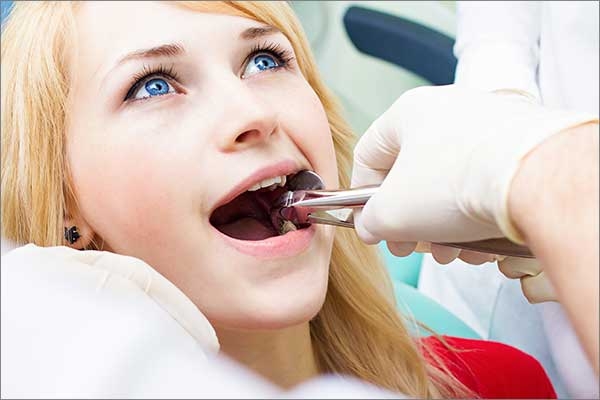In the realm of oral care, a general dentist plays a vital role. They are the first line of defense when dental trauma knocks on your door. They don’t just fix your smile – they restore your confidence. With tools as advanced as the Chesterfield Invisalign, these dental warriors have conquered the odds. This blog will explore these unsung heroes of dental health. We’ll show how they combat dental trauma – one tooth at a time.
What is Dental Trauma?
Dental trauma refers to injury to the mouth. This includes teeth, gums, and lips. It’s common in accidents, falls, and sports injuries. It’s not just a cosmetic issue. Dental trauma can impact your ability to eat, speak, and feel confident in your smile.
How Does a Dentist Treat Dental Trauma?
A dentist uses a range of treatments to manage dental trauma. These range from simple to complex, depending on the injury. Here are three common treatments:
- Fillings: They repair cavities and minor tooth fractures.
- Crowns: They protect and strengthen damaged teeth.
- Root Canal Treatment: They save severely damaged or infected teeth.
Chesterfield Invisalign: A Tool in Dental Trauma Treatment
Chesterfield Invisalign is one of the tools dentists use. It’s a clear aligner that helps straighten teeth without braces. In cases of minor dental trauma, it can be an effective solution to restore the alignment and functionality of the teeth.

Avoiding Dental Trauma
Prevention is better than cure. Here are three ways to prevent dental trauma:
- Wear a mouthguard when playing sports.
- Avoid chewing hard foods and objects.
- Regularly visit your dentist for check-ups.
Final Thoughts
Dental trauma can be a painful and frightening experience. But with a competent general dentist, recovery is possible. They use a range of treatments – from fillings to Chesterfield Invisalign – to restore health and confidence to your smile.
All said, we should aim to prevent dental trauma. Simple steps like wearing a mouthguard can go a long way. And remember, your dentist is not just there to treat trauma. They are there to help keep your teeth healthy. So, keep up with those regular visits.

